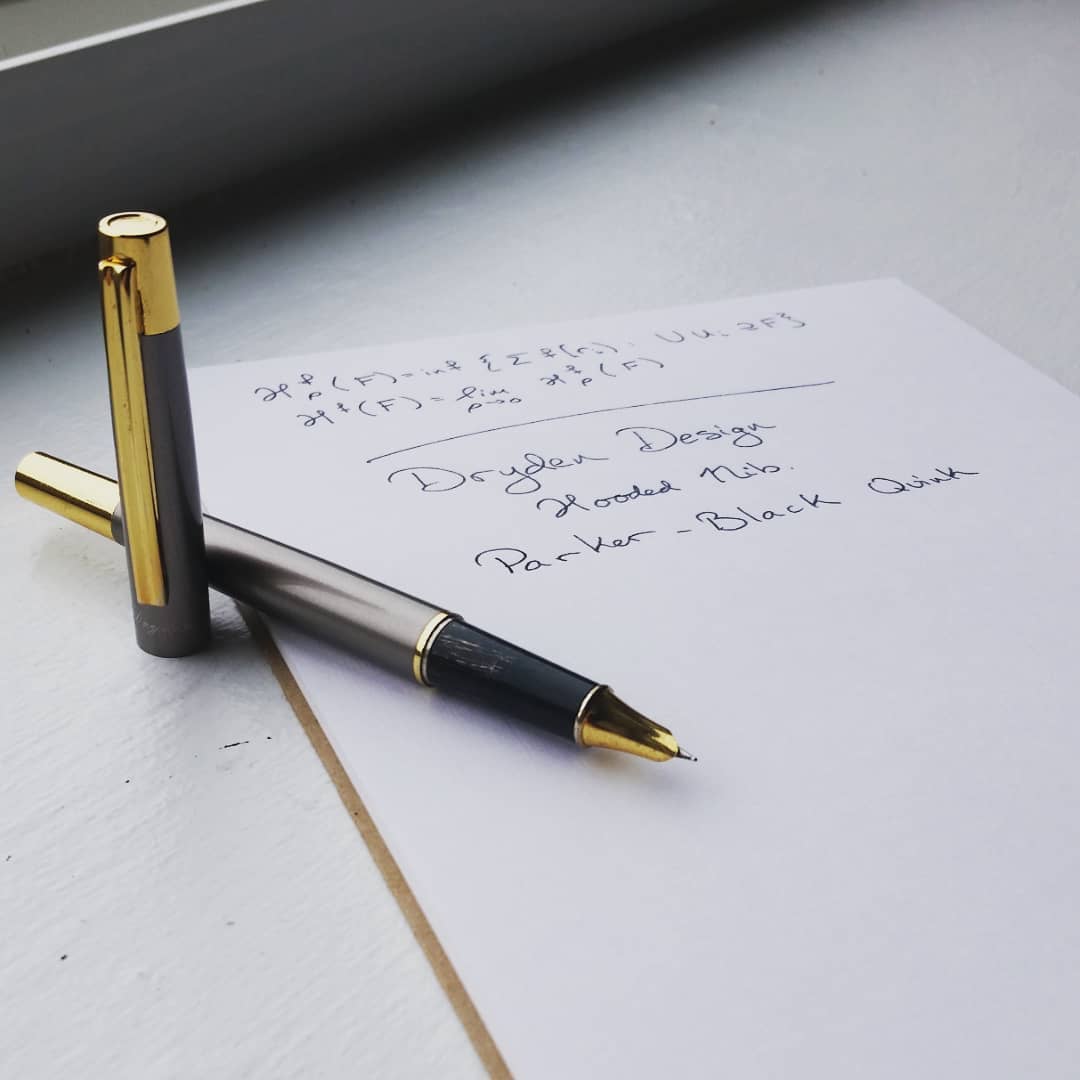What is a 'Directed Reading Program'?
3 min read. 02 Sep 2019This past year I had the pleasure and privilege of participating in two amazing Directed Reading Programs (DRPs). I plan to write a few more posts on the DRP we have set up at Wesleyan as well as some of the specific DRPs I took part in.
As a bit of history, Noelle Sawyer, Lisa Kaylor, Freda li, and I began our local chapter of the Directed Reading Program network in Fall 2019. More information about the chapter can be found on our webste. In general terms, the DRP program aims to pair a graduate and undergraduate student for a semester of mathematics and mentoring. More specifically, we’re hoping to cultivate an environment where students can gain confidence and ownership in mathematics as well as showing them that there is far more to the world of mathematics than what one typically comes across in courses.
As of this posting, I’ve been the mentor of two DRPs:
- Samuel Bidwell (Sam), Fall 2018, On Continued Fractions and Diophantine Approximations,
- Nicole Zalewski, Spring 2019, An introduction to Ergodic Theory.
Both of these topics are near and dear to my math-heart and research. Sharing the bits of knowledge I’ve accumulated on these topics was rewarding and difficult at times. Both students continuously asked the “right” questions; something that I feel can be difficult to cultivate in a classroom setting. On a number of occasions they asked wonderfully deep questions to which my only response was
Huh. I don’t know.
I want to focus on this a bit in future posts since, to me, it’s one of the core reasons we do mathematics. Simply put:
we don’t know the answer
But we desperately, desperately, want to.
Since our program is still quite new, at the end of each semester, we’ve had the mentor and mentee get together for a “catch up” meeting. This let’s us figure out what worked, what didn’t, and what can be improved. A moment that really sticks out from one of the catch ups is was the students emphasis and appreciation that I had so willingly acknowledged these “I don’t know”s during our meetings.
I hope that in future meetings and in my classroom I get to say “I don’t know” more often for the same reasons I got to say it during my meetings with Sam and Nicole. Not for those pesky moments when I should know the answer, but can’t think of it on the spot. But for those moments when the students are so curious and excited that they come across those “right” questions and to also show them that mathematics is not all known, but a growing body of knowledge that we can all take part in.
